University College Dublin Study finds Prius IV hybrids drive >60% of the time in zero-emissions mode under Irish conditions
Green Car Congress
APRIL 23, 2019
A new study carried out by University College Dublin (UCD) academics has found that under typical Irish commuting conditions, the Toyota Prius IV (fourth-generation) hybrid ( earlier post ) drives in zero emissions mode (ZEV) for significantly more than half (62%) of the time and more than 40% (40.4%) of the distance covered.
















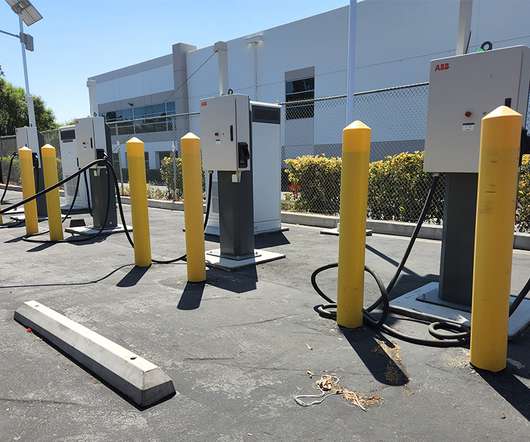


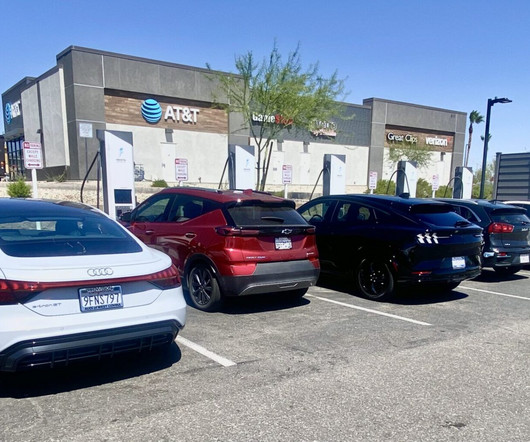












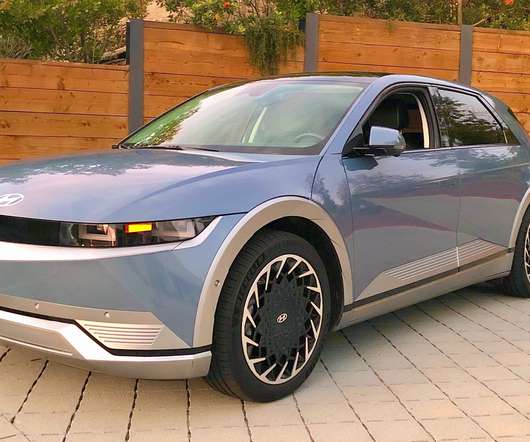
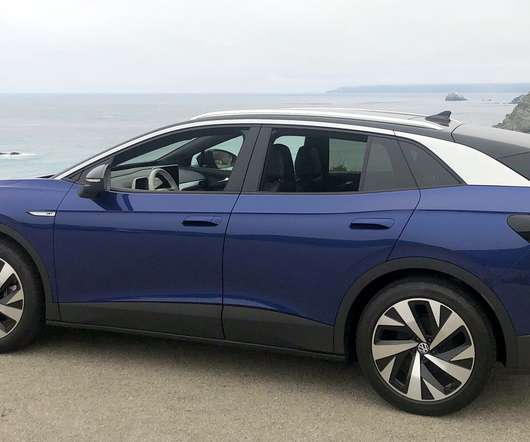

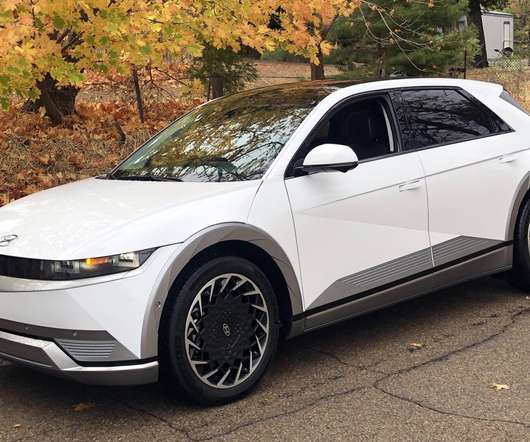







Let's personalize your content